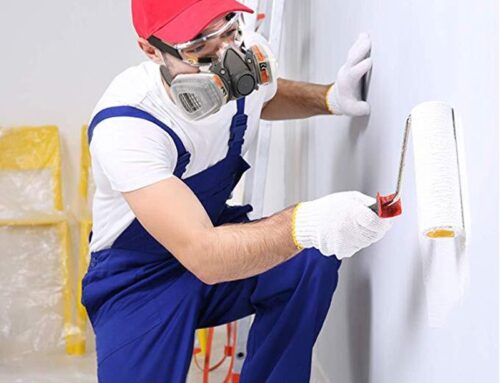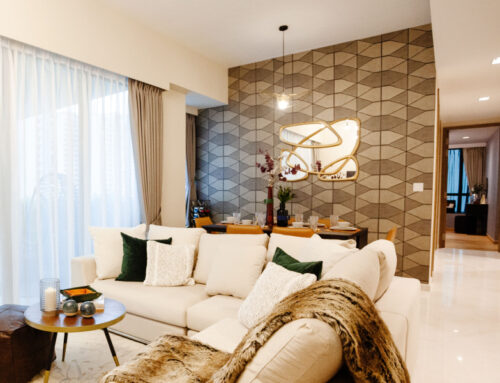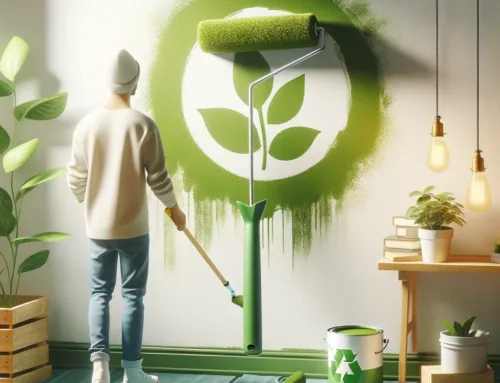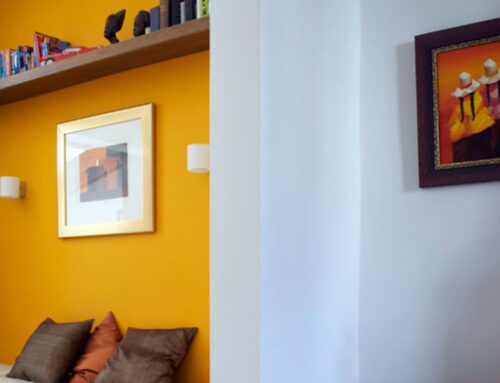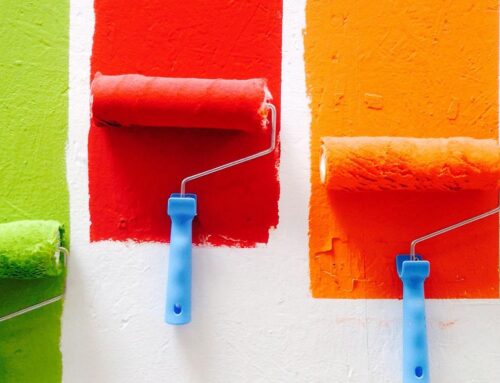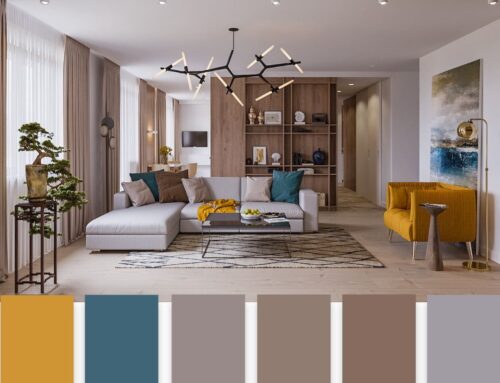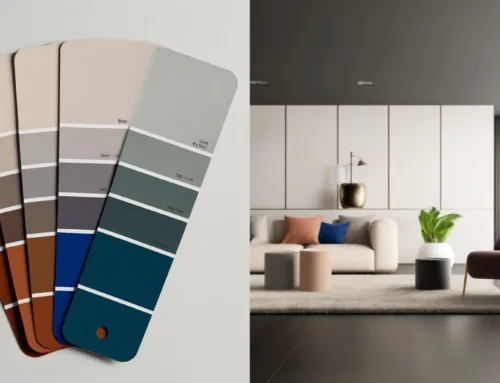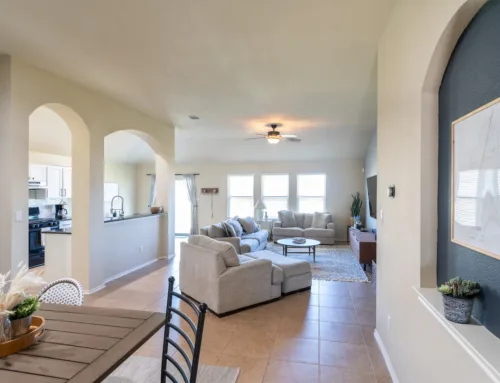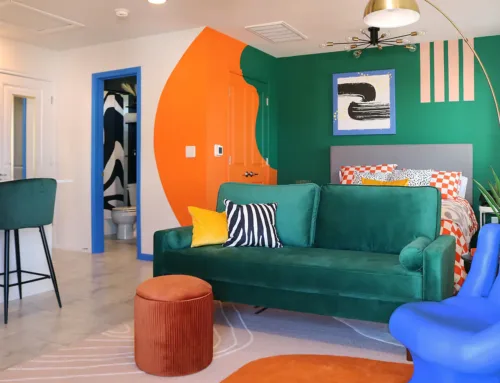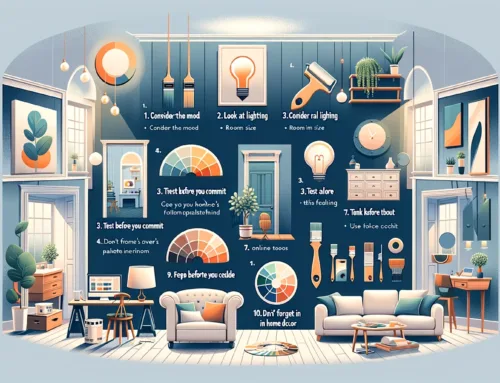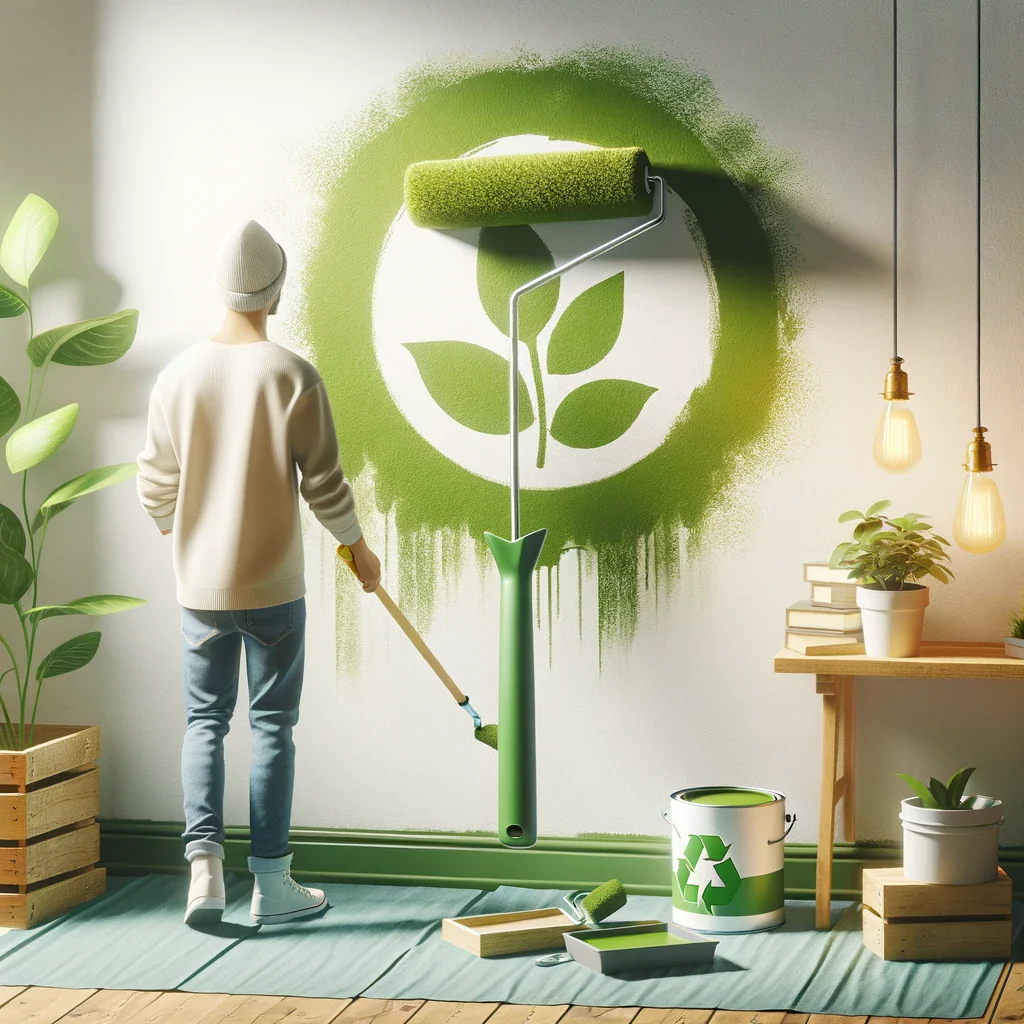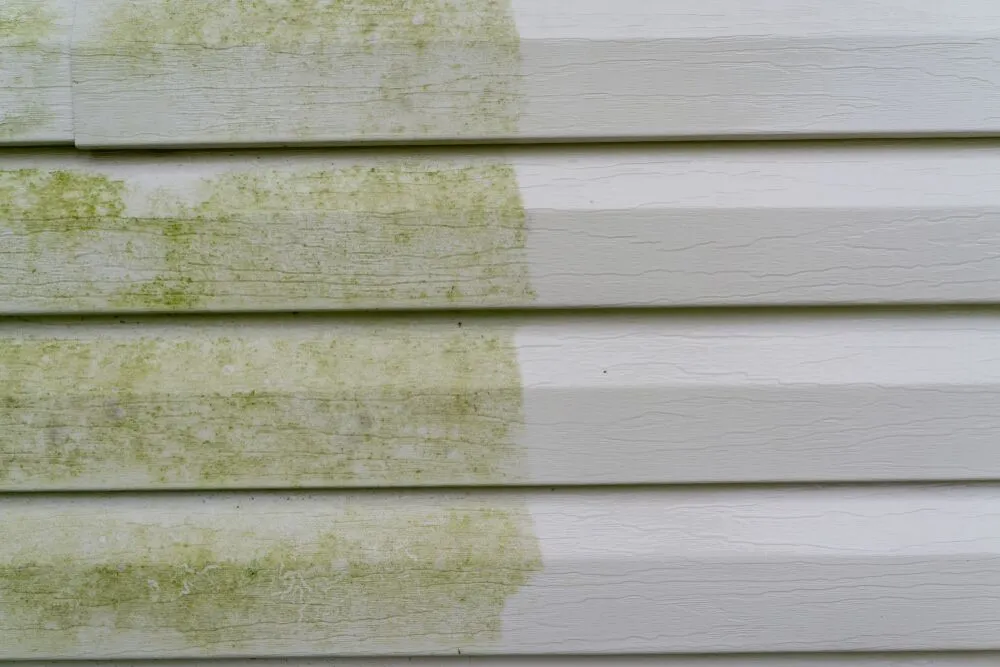
Preventing Algae on Your Home’s Exterior: Tips and Tricks
Algae is a common organism that can be found in various environments, including your home’s exterior. It is a simple, non-flowering plant that thrives in moist and shaded areas. There are several types of algae that can grow on your home’s exterior, including green algae, black algae, and red algae. While algae may seem harmless, its growth can have a significant impact on the appearance and durability of your home’s exterior.
When algae starts to grow on your home’s exterior, it can create unsightly stains and discoloration. Green algae, for example, can give your home’s exterior a dirty and unkempt appearance. Black algae, on the other hand, can create dark streaks and patches that are difficult to remove. Red algae can leave behind reddish stains that are particularly stubborn to get rid of.
In addition to its impact on the appearance of your home, algae growth can also affect the durability of your exterior surfaces. Algae can penetrate into the pores of materials such as wood, concrete, and stucco, causing them to deteriorate over time. This can lead to costly repairs and replacements if left untreated.
Key Takeaways
- Algae growth on your home’s exterior can cause damage and decrease curb appeal.
- Champion Painting can help prevent algae growth with their expertise and services.
- Regular cleaning and maintenance, proper landscaping and drainage, and use of algae-resistant paints and coatings can prevent algae growth.
- Installation of zinc or copper strips and use of chemical treatments can also be effective.
- Proper ventilation, sunlight exposure, and prevention of moisture buildup are key in preventing algae growth.
The Role of Champion Painting in Preventing Algae Growth
Champion Painting is a professional painting company that specializes in preventing algae growth on your home’s exterior. With their expertise and experience, they can help you maintain a clean and algae-free exterior for years to come.
One of the main benefits of hiring a professional painting company like Champion Painting is their knowledge of the best practices for preventing algae growth. They understand the conditions that promote algae growth and can recommend strategies to mitigate these factors. Whether it’s through regular cleaning and maintenance or the use of algae-resistant paints and coatings, Champion Painting knows how to keep your home’s exterior looking its best.
Another advantage of hiring a professional painting company is the quality of their workmanship. Champion Painting uses high-quality materials and techniques to ensure that your home’s exterior is properly protected against algae growth. They have the expertise to apply algae-resistant paints and coatings effectively, ensuring long-lasting results.
Tip #1: Regular Cleaning and Maintenance of Your Home’s Exterior
Regular cleaning and maintenance of your home’s exterior is crucial in preventing algae growth. By keeping your exterior surfaces clean and free from debris, you can create an environment that is less conducive to algae growth.
It is recommended to clean your home’s exterior at least once a year, or more frequently if you live in an area with high humidity or heavy rainfall. You can use a pressure washer or a soft brush and mild detergent to remove dirt, grime, and algae from your exterior surfaces. Be sure to rinse thoroughly to remove any residue.
In addition to regular cleaning, it is important to inspect your home’s exterior for any signs of algae growth or damage. Look for green or black stains, as well as any areas where the paint or coating may be peeling or chipping. If you notice any issues, it is best to address them promptly to prevent further damage.
Tip #2: Proper Landscaping and Drainage
| Metrics | Description |
|---|---|
| Soil Erosion | The amount of soil that is lost due to water or wind erosion. |
| Runoff | The amount of water that flows over the surface of the ground and into nearby waterways. |
| Flooding | The occurrence of water overflowing from a river, lake, or ocean onto land that is normally dry. |
| Water Quality | The level of pollutants and contaminants in water sources. |
| Plant Health | The overall health and growth of plants in the landscape. |
| Property Value | The estimated value of the property based on its location, condition, and other factors. |
Proper landscaping and drainage can also play a role in preventing algae growth on your home’s exterior. By ensuring that water drains away from your home and that there is adequate airflow around your exterior surfaces, you can create an environment that is less favorable for algae growth.
One tip for proper landscaping is to avoid planting shrubs or trees too close to your home’s exterior. This can create shade and trap moisture, providing an ideal environment for algae to thrive. Instead, opt for plants that are more resistant to moisture and can help promote airflow.
In terms of drainage, it is important to ensure that water flows away from your home’s foundation. This can be achieved by installing gutters and downspouts that direct water away from your home. Regularly clean and maintain your gutters to prevent clogs that can lead to water pooling around your home’s exterior.
Tip #3: Use of Algae-Resistant Paints and Coatings
Using algae-resistant paints and coatings is another effective way to prevent algae growth on your home’s exterior. These products are specially formulated to inhibit the growth of algae, helping to keep your exterior surfaces clean and free from stains.
Algae-resistant paints and coatings contain additives that prevent algae spores from attaching to the surface and growing. They also have a smooth finish that makes it difficult for algae to take hold. By using these products, you can significantly reduce the likelihood of algae growth on your home’s exterior.
In addition to their algae-resistant properties, these paints and coatings also provide other benefits. They can help protect your exterior surfaces from UV damage, moisture penetration, and other environmental factors. This can extend the lifespan of your paint or coating, saving you money in the long run.
Tip #4: Installation of Zinc or Copper Strips
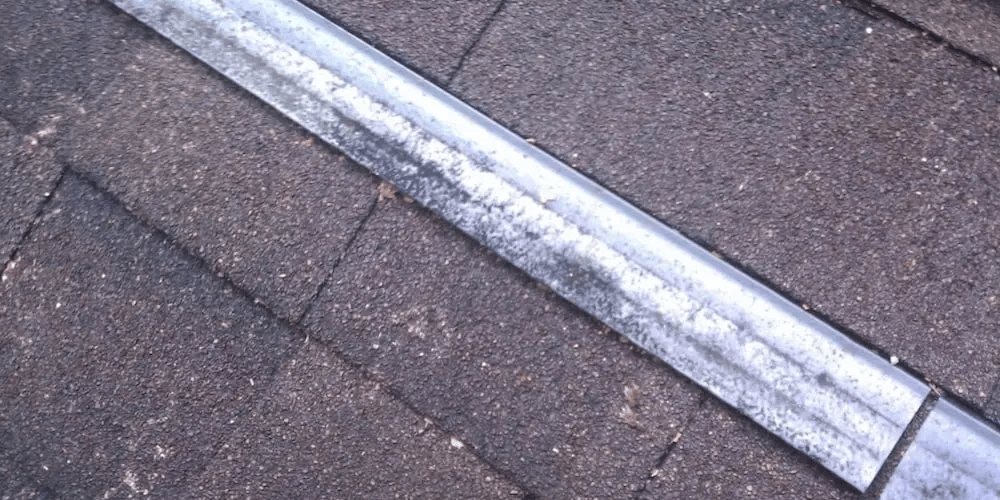
Another method for preventing algae growth on your home’s exterior is the installation of zinc or copper strips. These metal strips are placed near the roofline and release small amounts of metal ions when it rains. These ions are toxic to algae, preventing their growth on your exterior surfaces.
The installation process for zinc or copper strips is relatively simple. The strips are typically nailed or screwed into place along the roofline, with a slight overhang to allow for water runoff. It is recommended to install the strips in areas where algae growth is most likely, such as shaded or damp areas.
To ensure maximum effectiveness, it is important to regularly clean the strips to remove any debris or buildup that may interfere with their ability to release metal ions. This can be done during your regular cleaning and maintenance routine.
Tip #5: Use of Chemical Treatments
Chemical treatments can also be used to prevent algae growth on your home’s exterior. These treatments typically involve the use of biocides or algaecides that kill or inhibit the growth of algae.
One of the main advantages of chemical treatments is their effectiveness in eliminating existing algae growth. They can quickly and efficiently remove algae stains and prevent further growth. However, it is important to note that chemical treatments may need to be reapplied periodically to maintain their effectiveness.
It is also important to consider the potential drawbacks of chemical treatments. Some treatments may contain harsh chemicals that can be harmful to the environment or pose health risks. It is important to follow the manufacturer’s instructions and take appropriate safety precautions when using chemical treatments.
Tip #6: Proper Ventilation and Sunlight Exposure
Proper ventilation and sunlight exposure are essential in preventing algae growth on your home’s exterior. Algae thrives in damp and shaded areas, so ensuring adequate airflow and sunlight can help create an environment that is less favorable for algae growth.
One tip for proper ventilation is to ensure that your home’s exterior surfaces have proper airflow. This can be achieved by trimming back any vegetation that may be blocking airflow, such as overgrown shrubs or trees. It is also important to keep vents and openings clear of debris to allow for proper ventilation.
In terms of sunlight exposure, it is important to ensure that your home’s exterior surfaces receive adequate sunlight throughout the day. This can help dry out any moisture and inhibit the growth of algae. If you have areas that are constantly shaded, consider trimming back vegetation or installing additional lighting to promote sunlight exposure.
Tip #7: Prevention of Moisture Buildup
Moisture buildup is a major contributor to algae growth on your home’s exterior. By preventing moisture buildup, you can create an environment that is less conducive to algae growth.
One tip for preventing moisture buildup is to ensure that your home’s exterior surfaces are properly sealed and waterproofed. This can be achieved through the use of high-quality paints, coatings, and sealants. Regularly inspect your exterior surfaces for any signs of damage or deterioration and address them promptly to prevent moisture penetration.
Another tip is to ensure that your home’s exterior has proper drainage. This can be achieved by installing gutters and downspouts that direct water away from your home. Regularly clean and maintain your gutters to prevent clogs that can lead to water pooling around your home’s exterior.
Taking Action to Prevent Algae Growth on Your Home’s Exterior
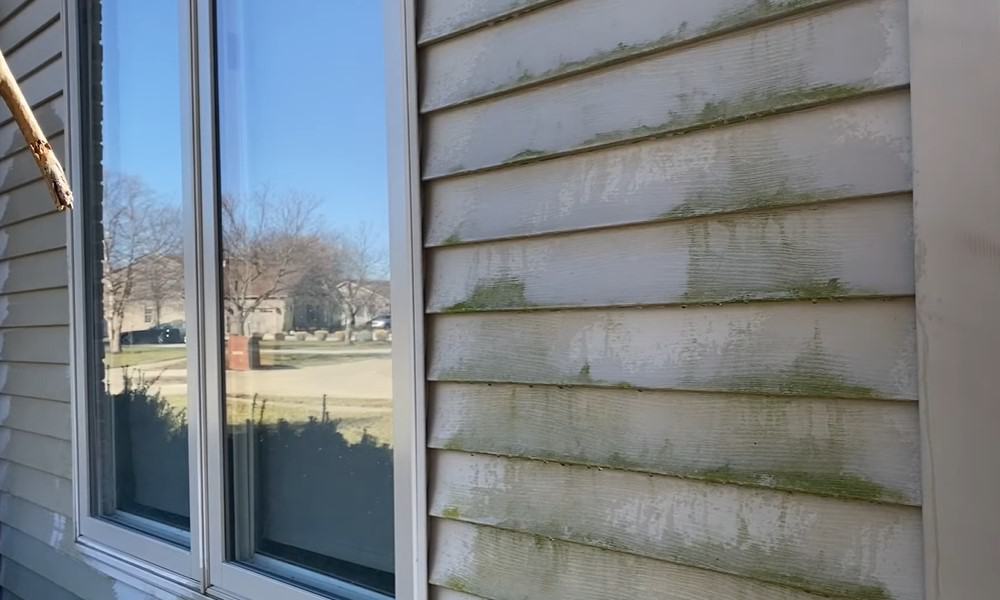
In conclusion, algae growth on your home’s exterior can have a significant impact on its appearance and durability. By taking proactive measures to prevent algae growth, you can maintain a clean and algae-free exterior for years to come.
Champion Painting is a professional painting company that specializes in preventing algae growth on your home’s exterior. With their expertise and experience, they can help you implement the tips mentioned in this article and ensure that your home’s exterior remains in top condition.
 Regular cleaning and maintenance, proper landscaping and drainage, the use of algae-resistant paints and coatings, installation of zinc or copper strips, chemical treatments, proper ventilation and sunlight exposure, and prevention of moisture buildup are all effective strategies for preventing algae growth.
Regular cleaning and maintenance, proper landscaping and drainage, the use of algae-resistant paints and coatings, installation of zinc or copper strips, chemical treatments, proper ventilation and sunlight exposure, and prevention of moisture buildup are all effective strategies for preventing algae growth.
By taking action to prevent algae growth, you can not only improve the appearance of your home but also extend the lifespan of your exterior surfaces. Don’t wait until algae becomes a problem – start implementing these tips today to keep your home looking its best.
If you’re interested in exterior home maintenance, you may also want to check out this informative article on staining your decking. Maintaining a clean and algae-free exterior not only includes the walls of your home but also extends to your deck. This article provides valuable tips and insights on how to properly stain and protect your decking from algae growth, ensuring it remains beautiful and safe for years to come.
Cities we serve:
Arroyo Grande, CA | Grover Beach, CA | Nipomo, CA | Oceano, CA | San Luis Obispo, CA | Santa Maria, CA | Shell Beach, CA
FAQs

What is exterior home algae?
Exterior home algae is a type of green or black growth that can appear on the exterior surfaces of homes, such as roofs, siding, and decks. It is caused by the growth of algae, moss, or lichen.
What causes exterior home algae?
Exterior home algae is caused by a combination of moisture, sunlight, and organic matter. It can be exacerbated by factors such as humidity, shade, and poor ventilation.
Why is exterior home algae a problem?
Exterior home algae can cause damage to the surfaces it grows on, such as staining, discoloration, and deterioration. It can also be unsightly and reduce the curb appeal of a home.
How can I prevent exterior home algae?
Preventing exterior home algae involves keeping surfaces clean and dry, trimming back trees and other vegetation that provide shade, and ensuring proper ventilation. Regular maintenance, such as cleaning gutters and removing debris from roofs and decks, can also help prevent algae growth.
What are some methods for removing exterior home algae?
Methods for removing exterior home algae include pressure washing, using chemical cleaners, and manual scrubbing. It is important to use the appropriate method for the surface being cleaned and to follow safety precautions when using chemicals or pressure washers.
Page design by: House Painting Near Me

Champion Painting
Recent Post's
Selecting the Perfect Paint: A Guide to Choosing Wisely Choosing the right paint for your project is crucial in achieving the desired look and
Preventing Algae on Your Home's Exterior: Tips and Tricks Algae is a common organism that can be found in various environments, including your home's exterior.
Lighting's Impact on Paint Color Perception When it comes to choosing paint colors for our homes or any other space, we often rely on our
Color plays a crucial role in home décor as it has the power to transform a space and create a specific mood or atmosphere. Whether
Get a Free Estimate


